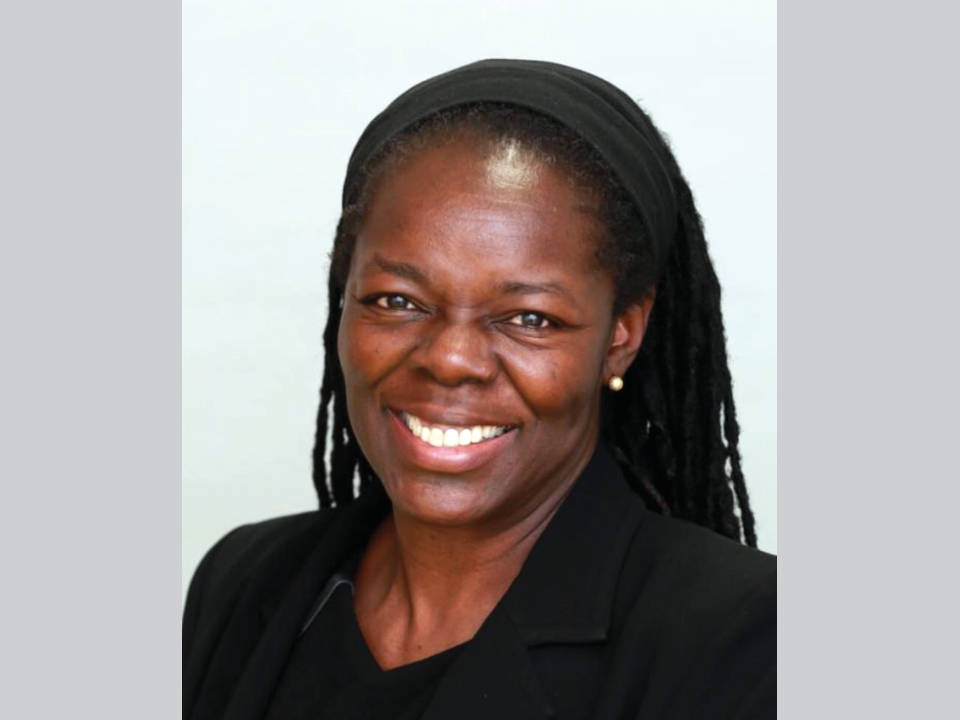
Chris Munday
Chair of the ADCS Resources & Strategy Policy Committee
Executive Director for Children and Family Services, Barnet Council
After an incredible ten years as a Director of Children’s Services (DCS), I have decided to take a break. As you do when there are significant changes in your life, it has been a time of reflection. I look back with pride at working with fantastic, tenacious, and child-focused practitioners across local authorities, schools and partners. They work daily to educate, keep children safe, and improve their lives.
I have seen firsthand the ongoing issues that DCSs face, such as significant societal challenges, including child poverty, the cost-of-living crisis, and housing, together with system challenges, such as recruitment, retention, resources (made slightly better with recent announcements), and increased levels of regulation and inspection. The general population largely does not know what the children’s workforce does or the passion we all have for our work. So, where are our champions?
We work within complex legislation; we have the powers and duties, with the courts, to intervene in family life. These powers cannot be used lightly, Professor Brid Featherstone has done some pertinent research in this area and her concept of the “risk monster”, where the state overly intervenes in family life, which also acts as a cautionary tale. DCSs embrace their accountability every day and when held accountable, the constraints and context in which we work are often given little consideration.
We work in this system, which we know has many strengths and weaknesses, and at times, leaders have been directly blamed for these. Professor Christopher Hood, an academic in public administration and executive government, has done fascinating work on blame and blame avoidance in government and the public sector. This can be viewed in the context of the role of the DCS, where we have all of the professional accountability irrespective of the system in which we operate, the levers at our disposal and the resources available.
The workforce and leadership of children’s services have consistently been blamed for the failures of systems. Whether it was the first national child protection enquiry, back in 1836, when young children were placed alone in the workhouse, that was not seen as the issue; the focus was solely on how staff worked with them. In fact, “the policies developed after this particular scandal made … staff, rather than the welfare system as a whole, individually responsible for the maltreatment and neglect of the poor” (Shave, 2018).
However, as Josh MacAlister identified in his recent review, the system is akin to a tower of Jenga blocks held together by Sellotape; it can constrain and, to an extent, dictate our approaches. It is not a system we have created; it has built up over time and we try hard each day to make it work for children and young people.
I am worried that the government’s new policy paper on children’s social care, which has several strengths, could create further system challenges and add further Jenga blocks and Sellotape to the tower with the advent of multi-agency child protection teams and mandated family-based decision-making meetings. The first is based on the National Safeguarding Practice Review into the murders of Arthur Labinjo-Hughes and Star Hobson. There is a real risk that if you build a new system based on a deficit view, you are blinkered to its strengths in working with families and the great things it does. I have also been dismayed to read in the Panel’s latest Practice Review, which said that the failure to protect some children and young people from sexual abuse is “more disturbing” than the actual abuse being perpetrated in families. This is difficult and sensitive work that needs whole societal change to eradicate. We also need to guard against family-based decision making becoming a tick box exercise and ensure this is focused on developing systemic and relational practice with families as we know that is what works.
There are risks with everything we do, and I know that you will find innovative ways to mitigate these as ADCS continues to work closely with government on implementation. I want to thank my colleagues and ADCS for the support and encouragement I have received over the many years I have been involved. We, as DCSs and collectively in ADCS, need to be brave and relentlessly campaign for what we believe children and young people need in our changing world. We are their champions every day.





